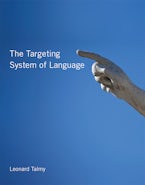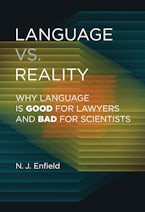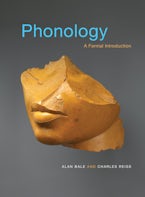Jerome S. Bruner, in the biographic introduction to this volume, write,: This powerful... book... is a presentation of a highly original and thoughtful theory of intellectual development... which is at the same time, a theory of education.... One recognizes his power and ingenuity....”
Vygotsky's closely reasoned, highly readable analysis of the nature of verbal thought as based on word meaning marks a significant step forward in the growing effort to understand cognitive processes. Speech is, he argues, social in origins. It is learned from others and, at first, used entirely for affective and social functions. Only with time does it come to have self-directive properties that eventually result in internalized verbal thought. To Vygotsky, “a word is a microcosm of human consciousness.”
Theorists and educators, linguistic and psychology students will find illuminating insights in Vygotsky's description of the sequences stages in word-meaning development, the genesis and function of inner speech, the nature of written spreech, and the role of school instruction in the development of higher mental operations.
Vygotsky devised or adapted ingenious methods – many of the “double stimulation” type – to study the successive stages of mental growth. His theoretical discussions are based on a concept-formation study conducted by this method and on three other experimental investigations: studies of egocentric speech that substantially modify Piaget's conceptions; studies of the interaction of mental development and school instruction; and a study comparing development of the “scientific” concepts the child learns in school with his informally acquired “natural relents” concepts.












